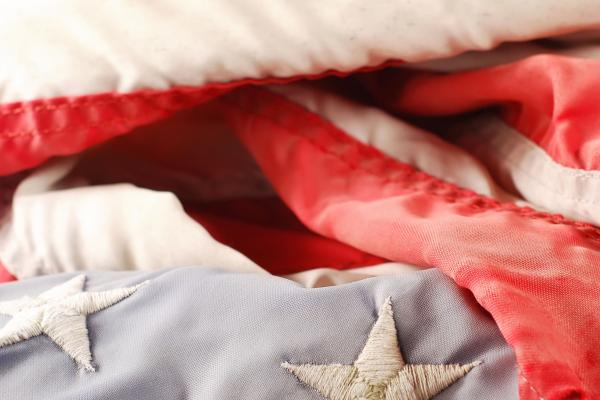Jul 21, 2016
At times like this, it’s good to remember that our founders valued our vast differences and set up a big government of checks and balances that would force us to compromise and cooperate. Government fails — and we fail as a nation — when people go to Washington and statehouses insistant on getting their way, without compromise.
That attitude is an un-American attitude. It goes against the heart of what makes us who we are. It makes us unravel.
Read the Full Article

Already a subscriber? Login
